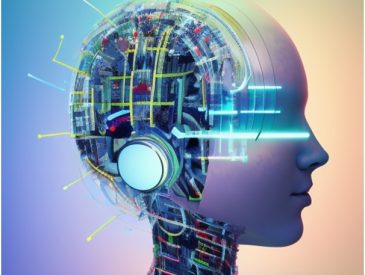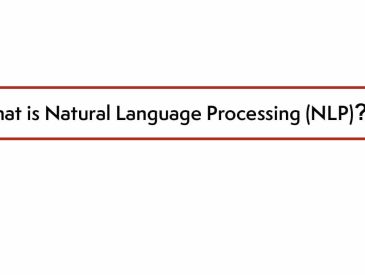Artificial intelligence plays a much bigger role in human life than even people are aware of. It is present in a multitude of activities, resources and programs that exist today. More than one might suppose, AI is not a robot replacing a human being in a certain task. Its importance goes beyond automation .
From the mobile spell checker to the stock market analysis that moves billions and billions of dollars, artificial intelligence technologies are already part of human daily life.
The current world has brought to our reality a load of information impossible to be followed by any human being. There are tons of data and information to analyze, and this is only possible with a specialized machine.
AI is able to automate repetitive learning through data analysis . Unlike robotic automation guided by hardware systems, it performs the automation of many voluminous and computerized tasks without tiring and effectively and reliably. Human interference is only necessary to configure the system correctly.
Artificial intelligence today is more added to products that are already part of our reality than sold as an individual thing. That’s why many people end up not knowing their presence in everyday life, and they use smartphones with assistants, navigation systems, social networks , among others.
Thus, AI is not only important in our daily tasks, but mainly in the areas of research and analysis of large volumes of data. It is essential for the great technological advances that we have seen today, especially when dealing with information that would be impossible to be conducted by human effort alone.
Artificial intelligence: application examples
Nowadays artificial intelligence is used in several areas and sectors. See some of their applications!
health operators
Some artificial intelligence systems can result in prescribing medications according to the patient’s exam profile and even perform personalized X-ray readings. It is even possible to use personal assistants as caregivers, helping to remind you to take your medication. , exercise and eat healthy foods.
Smartphones currently have several applications available to analyze the pace of steps, the daily commute, the physical exercises done and even the heart rate, giving complete reports and letting you know when something is wrong.
online retail
Artificial intelligence makes it possible for online stores to offer personalized product recommendations to their customers according to their research and consumption habits. It is still possible to find technologies capable of even negotiating price variations with customers directly from e-commerce , in addition to those specialized in inventory management and website layout.
sports
Many AI resources are used to capture and analyze images of sports matches, providing reports to coaches and assisting them in organizing their team. In a similar area, it is still possible to find “ robots ” capable of developing a basic journalistic text about a certain sport match.
Entertainment
Many of the leisure and entertainment options today are connected to some digital and online service. Apps, games, audio and video streaming services all use AI analytics to access consumer habits and suggest bands, playlists, series , movies and games. Services like Spotify and Netflix use this type of technology to personalize their users’ experience with apps.
Financial market
Some systems that use AI as an automation and analysis resource are able to act objectively and accurately in the financial market . Consumer credit assessment, for example, already works automatically. In recent times, digital banks have also been gaining a lot of space, “stealing” customers from traditional financial institutions, precisely because they are completely virtual and easily accessible.
Attendance
Undoubtedly one of the most noticeable applications of artificial intelligence is in customer service . This is because the consumer is aware that he is being served by a virtual entity and takes advantage of it. Customer service has always been one of the Achilles heels of most large commercial ventures. Customers were rarely satisfied with the long calls and the difficulty of solving their problems.
With the emergence of chatbots , this situation is gradually being reversed. Problem solving through an easy and uncomplicated service, done even on social networks such as Facebook Messenger, is gaining more and more space in the current market. And, of course, customer satisfaction is only going to increase.





